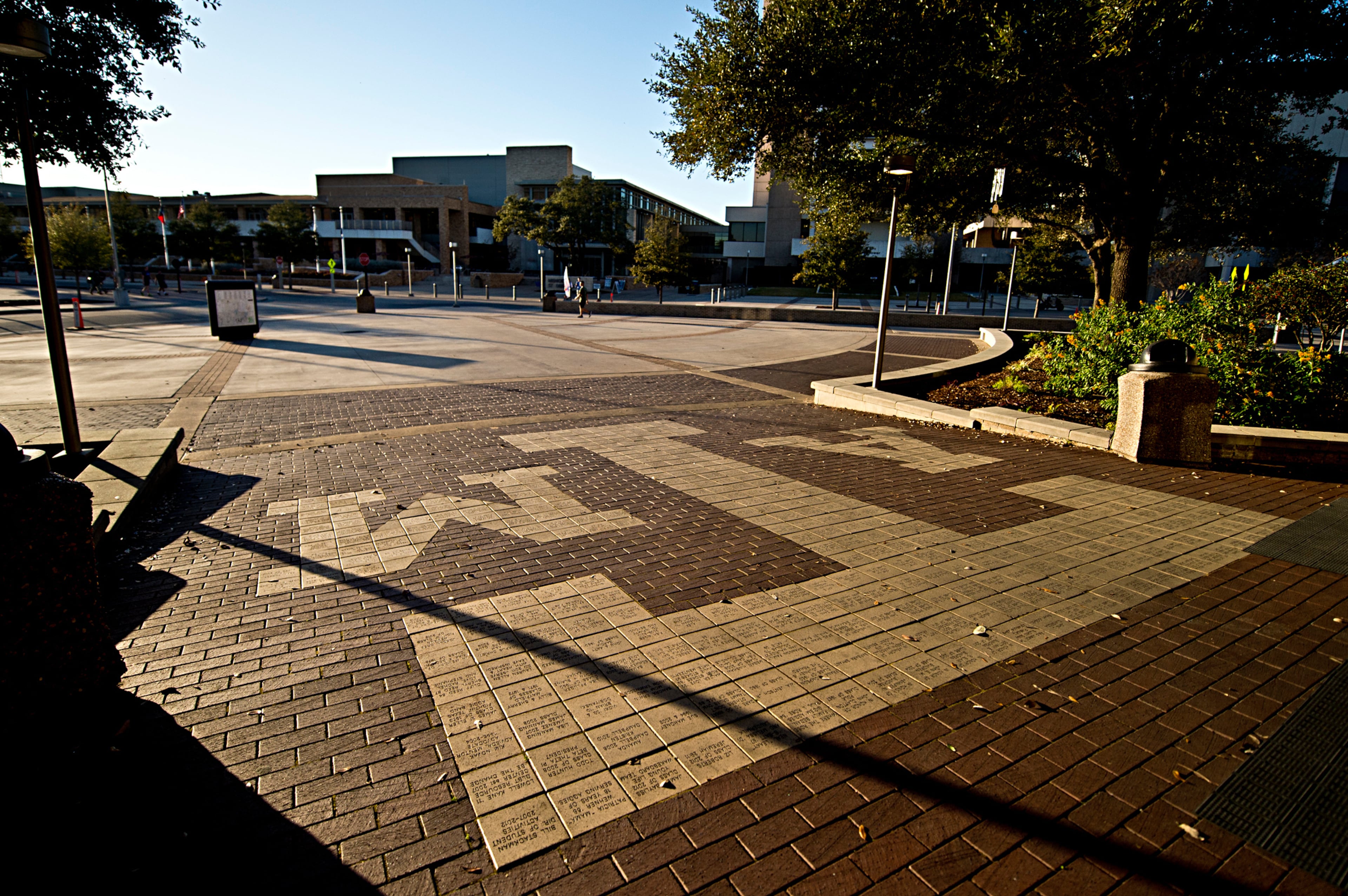Fallout continues for Emory president after protest crackdown

The students have already graduated, leaving behind a peaceful campus, but the fallout from last month’s forceful reaction to protesters continues for Emory University President Gregory L. Fenves.
The faculty of the Rollins School of Public Health voted no-confidence in his leadership Friday after two days of balloting. It was only a slight majority in favor, with 86 voting for the no confidence measure, or 55.5%. However, the other 44.5% voted to censure him.
The “motion of no confidence and demand for redress” says the administration’s decision to summon police to an April 25 protest about Israel’s war with Gaza was “profoundly” disruptive, refuting the administration’s contention that the protesters were the source of violence and disruption.
The outcome signaled condemnation of Fenves’ actions and mistrust in his leadership, said Dabney Evans, an associate professor who helped craft the motion.
“In other words, we’re calling for his resignation,” she said.
A university spokeswoman reached late Saturday morning had no official reaction to the vote by 5:30 p.m. Saturday.
Within days of the crackdown, Fenves walked backed one rationale for calling the police — that “highly organized outside protesters” were to blame. Among those arrested were 15 students, not to mention some professors, including a middle-aged female who was taken down by two officers, her face pressed to the ground, according to a viral video of the incident. “Oh my God,” she yelled. “I am a professor!”
Fenves would subsequently apologize for his assertions, though not for calling the police. “It is clear to us now that this information was not fully accurate, and I apologize for that mischaracterization,” he wrote.
The outcome of the Rollins vote will be forwarded to the university trustees, who meet quarterly. It will be part of a growing portfolio of outrage expressed by the Emory faculty and students.
The College of Arts and Sciences faculty were the first to vote, with three out of four of 477 faculty members there supporting a no confidence measure on May 3. The Oxford College faculty passed a censure resolution asking the faculty Senate for all of Emory to consider a no confidence vote, according to the Rollins motion.
There are nine such faculty units, and the university faculty Senate gave them until Friday to communicate their positions, said Neeti Patel, 23, who as outgoing president of the Graduate Student Government Association has a seat on the executive committee of that higher body.
She expects the executive committee to meet soon and review all the positions. She said “there is growing interest” in a no confidence vote by the faculty Senate for the whole university.
Undergraduates who supported a no confidence resolution in early May outnumbered those opposed 3 to 1, but fewer than half the students voted. The graduate students were unable to organize a vote due to logistical challenges that Patel said were “a nightmare” during the hectic last weeks of school. She blamed the university administration.
As the seniors marked the end of their undergraduate years during a rainy day in Duluth last week (Emory had moved their graduation ceremony there due to safety concerns), there were muted expressions of dissatisfaction, with some booing at Fenves or shouting “Free Palestine!”
And then their school year ended, and they moved on.
But Evans said faculty still want a reckoning. Their motion was explicitly not about Gaza or some larger issue: it was about Emory’s decision to call police on its own students and faculty.
“Seeing a colleague of mine thrown to the ground and arrested, multiple colleagues and students,” she said. “It really makes you reflect on, ‘could this happen to me?’”



